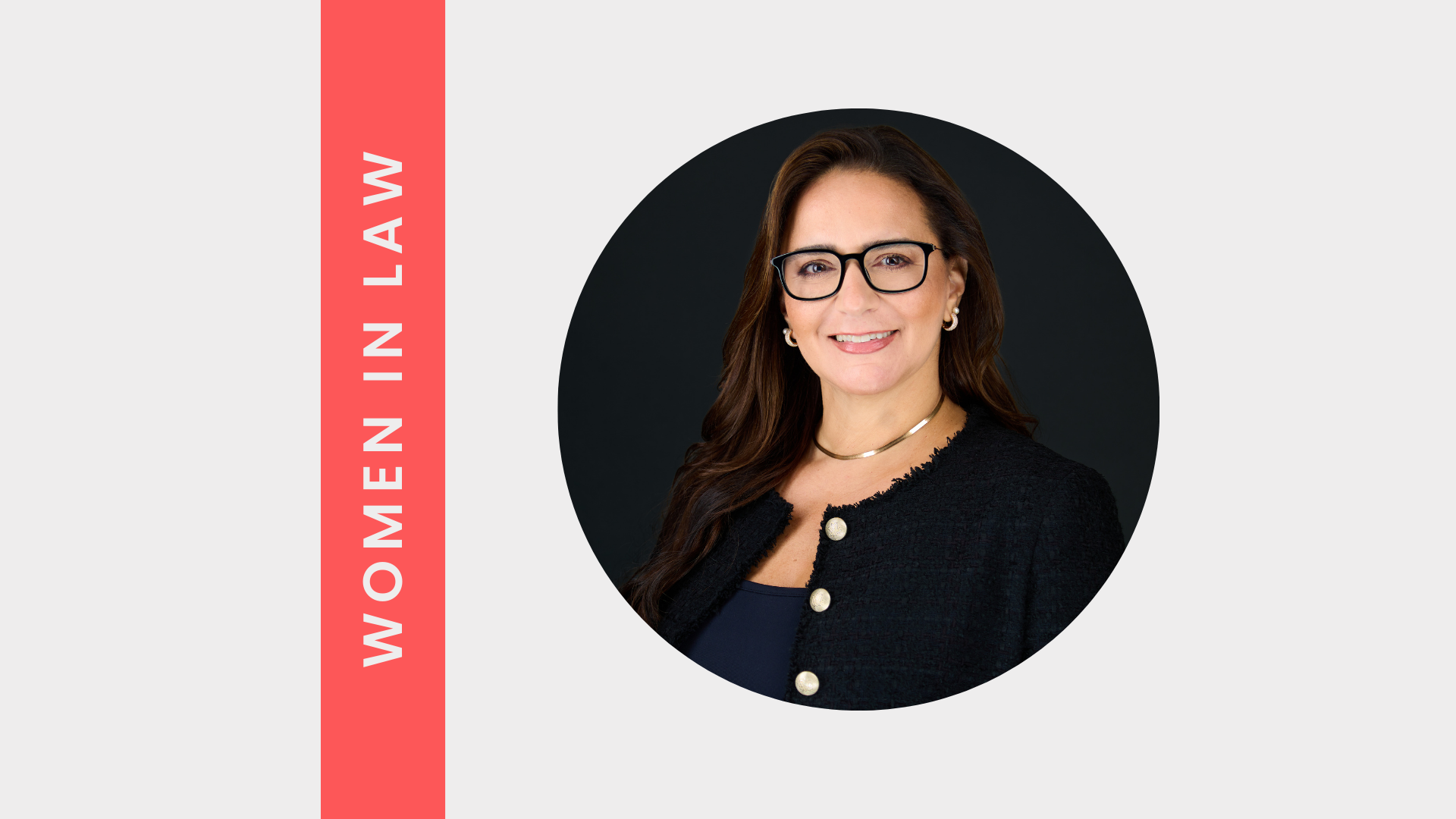Requalifying as a lawyer in the US
For US lawyers, a new position, out of state, can mean moving into a new specialist sector, as well as lifestyle and financial changes. For lawyers seeking an international move to the US, there are often even bigger financial and lifestyle incentives for both in-house and private practice roles. The good news is that in the US there is only one category of lawyer, and these are licensed and regulated individually by each state. (As is stands, only Arizona allows paralegals to provide legal advice.) Thanks to this simplicity, there are several states where you can practice law without having to the retake the bar, thanks to admission on motion based on reciprocity.
Reciprocity means that a state allows attorneys from other states whom they consider reciprocal to be admitted without sitting the bar exam, though it is not always a two-way street. Below, we highlight the differing qualification rules for the most popular states in terms of relocation.
For international attorneys, despite the common assumption, you do not have to sit the US bar exam before joining a firm here. Typically, you would be required to sit the relevant bar exam in your first year. In most states, if you have practiced law for a certain amount of time, or have had the relative education, then you will be able to sit the bar. Florida is an exception in that it only allows attorneys who have sat a US JD the right to sit their state bar exam.
Qualification rules:
New York:
- Based on Admission on Motion/Reciprocity: at least one jurisdiction where the attorney is admitted must similarly admit New York attorneys without examination.
- States not reciprocal: CA, NV, LA, AL, FL, SC, RI, DE, MD, HI
- Attorneys must have actively practiced law for five or more of the preceding seven years of the application.
- For foreign-trained attorneys: In general, those with a three-year on-site undergraduate law degree from most common law countries may be eligible to take the bar examination.
California:
- To be admitted to the CA bar, you must sit the CA bar. There is unfortunately no way around it. CA does not have reciprocity with any other state.
- Attorneys must have actively practiced law for four or more of the preceding seven years.
- For foreign-trained attorneys: if you are a qualified lawyer in your home jurisdiction, you can sit the California bar exam. You still have some other requirements to fulfil, but your foreign license is a shortcut in the application process.
District of Columbia:
- DC works based on admission on motion. Any attorney who meets the necessary requirements is eligible to apply for admission. DC is not based on reciprocity.
- Attorneys may be eligible if they are admitted in any state or territory of the United States for five years or more immediately preceding the application.
- For foreign-trained attorneys: in general, those with a three-year on-site undergraduate law degree from most common law countries may be eligible to take the bar examination.
- The D.C. Bar offers a “special legal consultant” status for a foreign-educated lawyer who has been admitted to practice in another country and is at least 26 years of age.
Texas:
- In Texas, the process is called Texas Admission Without Examination. Anyone who meets the requirements can apply for admission.
- Attorneys must have actively practiced law for five or more of the preceding seven years.
- For foreign-trained attorneys: may sit the Texas bar if they have actively practiced law for three or more of the preceding five years of the application.
Uniform Bar Exam:
- The UBE is the same exam/series of tests that every jurisdiction can adopt to allow easier movement of attorneys.
- It consists of the Multistate Bar Examination (MBE), the Multistate Performance Test (MPT), and the Multistate Essay Examination (MEE).
List of states that DON’T allow UBE: CA, NV, SD, WI, MS, LA, HI, MI, IN, OH, PA, VA, DE, GA, FL, OK, TX, AR, KY.
If you’re a lawyer and would like to learn more about a move within or to the US, get in touch with our team:
Thomas Hartwell - thomashartwell@hydrogengroup.com / +1 (310) 256 4492 or +44 (0) 207 002 0217
Adam Smith – adamsmith@hydrogengroup.com / +1 (619) 344 8173 or +44 (0) 207 002 0048
Naika Quinones – naikaquinones@hydrogengroup.com / +1 (619) 831 8183 or +44 (0) 207 002 0048
Our latest insights







